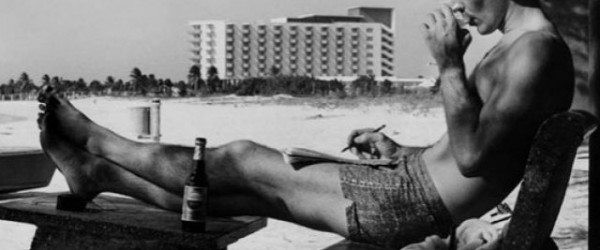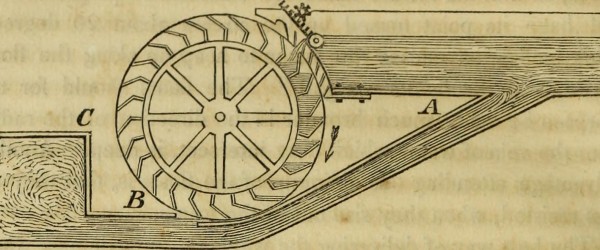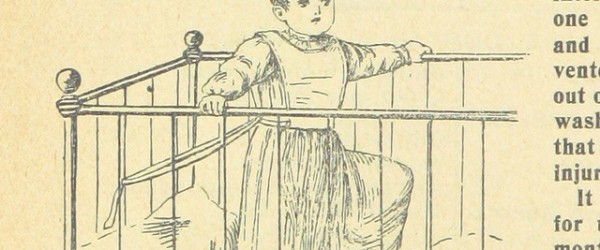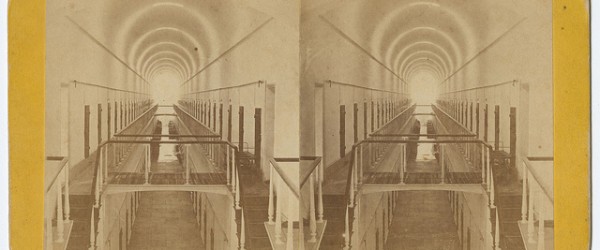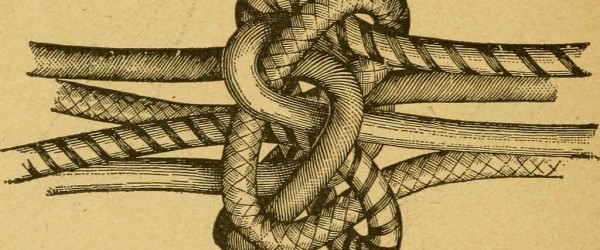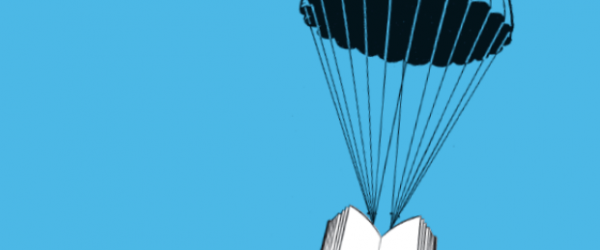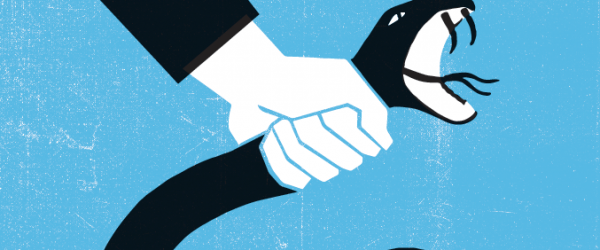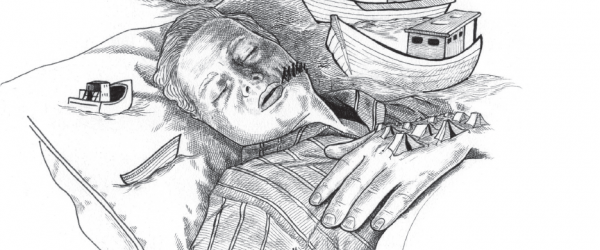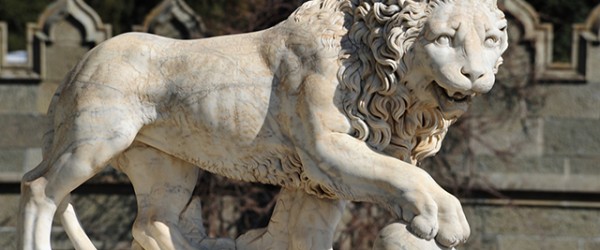
218 Autumn 2015
Buy this issue
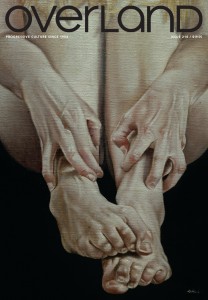
Overcoming literary jealousy, the origins of Gamergate, the normalisation of torture and Australia's new Book Council, as well as excellent fiction – and the winners of the Overland Judith Wright Poetry Prize and the Nakata Brophy Prize.
Issue Contents
Regulars
Mel Campbell
Giovanni Tiso
Stephen Wright
Alison Croggon
Features
Michael Bogle
Russell Marks
Brendan Keogh
Fiona Wright
Justin Clemens
Stuart Glover
Stephanie Convery
Fiction
Marika Duczynski
Wayne Macauley
Anne Hotta
Jane Rawson
Leah De Forest
Jennifer Mills, Sally Dalton-Brown and Tony Birch
Editorial
Jacinda Woodhead
Poetry Prize
Chris Armstrong
Melody Paloma
Browse the issue:
Features
Fiction
Editorial
Poetry Prize
